
Catherine of Siena clearly wasn't a fan of the easy life. The Italian mystic and author could have rested on her laurels in her home town in Tuscany, where she had gained a reputation for her dedication to the sick and poor, and her ecstatic visions. Instead, she decided to embark on a mission to save the Catholic Church and bring peace to Italy.
And so, in the mid-1370s, Catherine set out to foster peace within the church, and encourage Pope Gregory XI to quit Avignon (which had been the seat of popes since 1309) and return to the papacy's traditional home in Rome. Shortly after, Gregory entrusted Catherine with the thorny task of negotiating a peace with the rebellious city of Florence.
FORBIDDEN FRUIT
Pope Urban VI, who succeeded Gregory to the papacy in 1378, was equally reliant on Catherine's talents. She sent out numerous letters to princes and cardinals on his behalf, calling on obedience to his new administration, and played a leading role in his efforts to reorganise the church.
Catherine didn't succeed in all her endeavours, yet few doubt the massive impact she had on Catholicism in the late 14th century. That impact is reflected in the fact that, since her death in 1380, she has been canonised, declared a doctor of the church, and made a patron saint of Europe. It's an impressive roll-call of honours. And it's one that's made all the more remarkable by the fact that Catherine of Siena was a woman.
Ever since an ancient scribe opined that, having eaten the forbidden fruit, Eve was responsible for man's expulsion from paradise, women have had a complicated relationship with the church. For centuries, the authorities promulgated the belief that women were inferior to men; that they were morally weaker and prone to lure humanity from the path of God's teachings.
Denne historien er fra August 2023-utgaven av BBC History Revealed.
Start din 7-dagers gratis prøveperiode på Magzter GOLD for å få tilgang til tusenvis av utvalgte premiumhistorier og 9000+ magasiner og aviser.
Allerede abonnent ? Logg på
Denne historien er fra August 2023-utgaven av BBC History Revealed.
Start din 7-dagers gratis prøveperiode på Magzter GOLD for å få tilgang til tusenvis av utvalgte premiumhistorier og 9000+ magasiner og aviser.
Allerede abonnent? Logg på
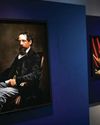
'Dickens's evocation of the fears, excitement and confusion of childhood is peerless'
DR LEE JACKSON ON WHY CHARLES DICKENS REMAINS RELEVANT TODAY
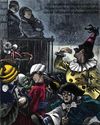
THE AUTHOR GOES ABROAD
Dickens expanded his horizons and boosted his fan-base by venturing overseas - but global fame came with a cost
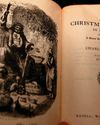
REVIVING THE FESTIVE SPIRIT
A Christmas Carol wasn't just a bestseller - it changed the way that Britons chose to mark the festive season
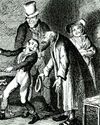
GIVING THE POOR A VOICE
From Hard Times to Oliver Twist, Charles Dickens used his pen to help illuminate the lives of the less fortunate
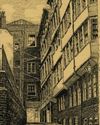
A JOURNEY THROUGH DICKENS'S LONDON
The works of Charles Dickens are synonymous with visions of Victorian London. We talk to Dr Lee Jackson about the author's love of the capital, and the locations that most inspired him
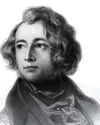
EXCEEDING EXPECTATIONS
Dr Lee Jackson chronicles Charles Dickens's journey from down-at-luck teenager to titan of Victorian literature
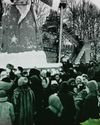
GIFTS, TREES & FEASTING
We take a journey through the photo archives to reveal how Christmas and its many traditions have been celebrated over the years - and around the world
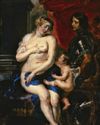
WHAT GREAT PAINTINGS SAY
We explore the story behind an allegorical painting that celebrates the triumph of love over hate, peace over war
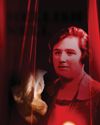
HELLISH NELL
Malcolm Gaskill delves into the life of Helen Duncan - the fraudulent Scottish medium whose ectoplasm-filled seances saw her ending up on the wrong side of the law
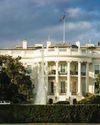
7 THINGS YOU (PROBABLY) DIDN'T KNOW ABOUT THE WHITE HOUSE
Presidential historian Dr Lindsay M Chervinsky reveals some of the most surprising facts about the world-famous US residence